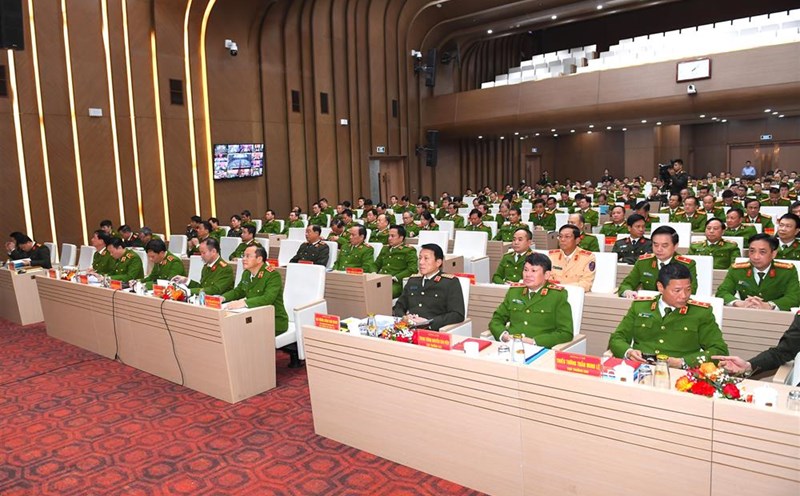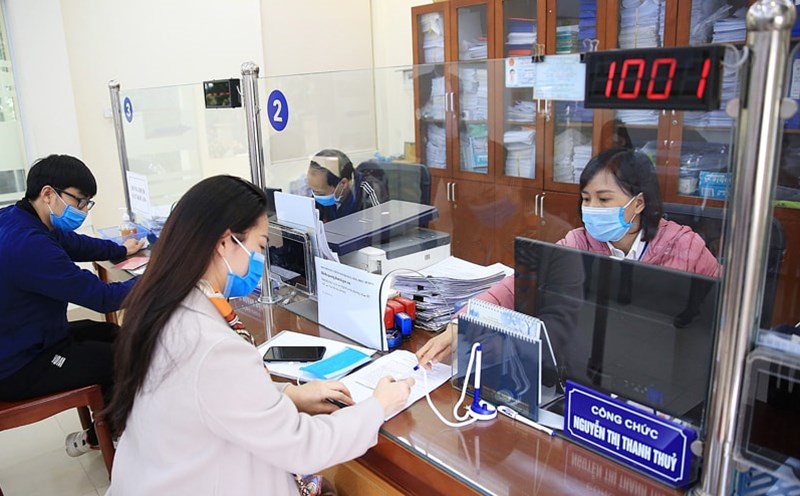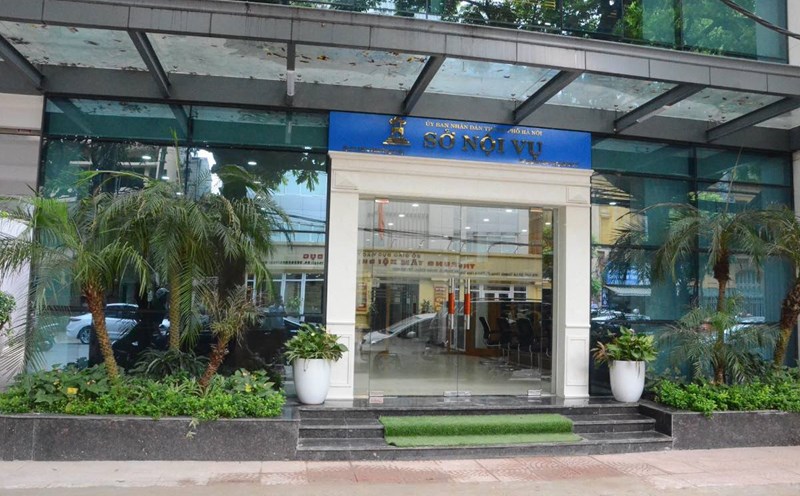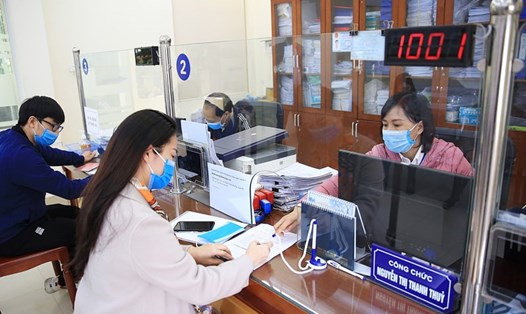It is expected that at the Extraordinary Session in February 2025, the National Assembly will consider and approve the Resolution on the establishment of a number of Ministries of the 15th Government for the 2021-2026 term; the Resolution of the National Assembly on the structure of the number of Government members for the 16th National Assembly term; the Resolution of the National Assembly to resolve issues arising in legal provisions related to the arrangement of the apparatus.
According to information from the Ministry of Home Affairs, the Party Central Committee recently approved a plan to reorganize and streamline the apparatus of the political system.
Of which, the Government will reduce 5 ministries, 3 agencies under the Government, 13/13 general departments and equivalent organizations, 519 departments and equivalent organizations.
Reduce 219 departments and equivalent organizations (of which, reduce 120 departments and equivalent organizations under ministries and ministerial-level agencies, reduce 98 departments and equivalent organizations under general departments); reduce 3,303 branches and equivalent organizations.
Therefore, the number of chief personnel will also be reduced corresponding to the number of units that need to be reduced. Accordingly, 5 ministers, 3 heads of government agencies, 13 general directors, 519 department directors, 219 department heads and nearly 3,303 branch directors will be reduced. In addition, many deputy heads and other officials, civil servants, public employees and workers will be reduced.
Accordingly, the Ministry of Planning and Investment and the Ministry of Finance will be merged into the Ministry of Finance; the Ministry of Construction and the Ministry of Transport will be merged into the Ministry of Construction; the Ministry of Agriculture and Rural Development and the Ministry of Natural Resources and Environment will be merged into the Ministry of Agriculture and Environment; the Ministry of Information and Communications and the Ministry of Science and Technology will be merged into the Ministry of Science and Technology; the Ministry of Labor, War Invalids and Social Affairs and the Ministry of Home Affairs will be merged into the Ministry of Home Affairs.
Establish the Ministry of Ethnic Minorities and Religions on the basis of the Ethnic Minorities Committee receiving additional functions, tasks and organization of the state management apparatus on religion from the Ministry of Home Affairs.
The Central Government also agreed to the policy of reorganizing the local police apparatus in the direction of "comprehensive province; strong commune, close to the grassroots", not organizing district-level police.
Particularly for island districts, police stations are arranged (because there are no commune-level administrative units). Pilot not to establish party organizations in district, town, city police under provincial authority, and centrally-run cities.
The Central Government agrees with the policy of reorganizing the inspection system on the basis of arranging and reorganizing the Government Inspectorate and the current system of local and specialized inspection agencies.
The Government Inspectorate has 16 units, down 3 compared to before (15.8%), with 388 civil servant positions and 105 public employee positions. The Government Inspectorate has a project to streamline the inspection system, operate effectively and efficiently, and report to the Politburo.
Regarding the reorganization of the inspection agency system, at the 10th meeting of the Steering Committee for Streamlining the Government's apparatus, Prime Minister Pham Minh Chinh assessed that the current inspection work is basically effective, but the apparatus is still cumbersome and has many layers. Therefore, it is necessary to reorganize and rearrange to operate more effectively, efficiently and effectively.
Emphasizing the principle of not abandoning functions, tasks and jobs that have been defined and stable up to now, the Prime Minister requested to study the plan to arrange specialized inspection agencies at appropriate levels.
This is to maximize efficiency in carrying out political tasks, avoid overlap, reduce intermediaries, ensure unity and independence in performing public duties. At the same time, it is an effective tool to carry out the state management function and contribute to innovating the Party's leadership method.











